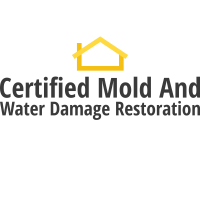What can cause pipes to burst?
The most common cause of a pipe bursting in freezing weather conditions. When the weather turns cold and the temperature dips below the freezing point, the water inside the lines will turn to ice. Over time, the ice will gradually expand and cause the pipes to burst. Other reasons for a pipe bursting can include corrosion, improper installation, and too much pressure. If you think that your lines may be at risk of bursting, it is essential to take preventive measures such as insulation and proper maintenance. If a pipe bursts, it is necessary to shut off the water immediately and call a plumber to repair the damage.
Knowing what to do if your pipes freeze to avoid costly damages is essential. If they have already frozen, it is necessary to thaw them out adequately. There are a couple of alternatives for dealing with frozen pipes, including using a heating pad or hairdryer. If you decided to use a heating pad, make sure the heat setting is low and place the heating pad on top of the pipe. Ensure that there is enough distance between the device and line to prevent any damage from excessive heat. If a hairdryer is used, hold it far enough away from the pipe for the heat not to cause any harm. It is also essential to give all accessible faucets in your home access to open water for the ice in your pipes to thaw more rapidly.
A burst pipe can be very costly. Even if your insurance covers the damages, you will still have to pay your deductible. If your home is older, this may require some significant repair work that could take weeks or even months to complete. In some cases, the damages may be so extensive that it is not worth repairing, and the homeowner will have to consider selling their home and moving. If you are unfortunate enough to experience a burst pipe, be sure to document all damages with photographs and contact your insurance company as soon as possible.
If you live in an area where the temperature dips below freezing often, it is essential to take preventative measures to protect your pipes from bursting. One way to do this is by installing insulation on the exterior of your home. This will help keep the heat in and prevent the pipes from freezing. You can also pour insulation into any crawl spaces or attics where the lines may be susceptible to cold weather conditions.

Recent Comments